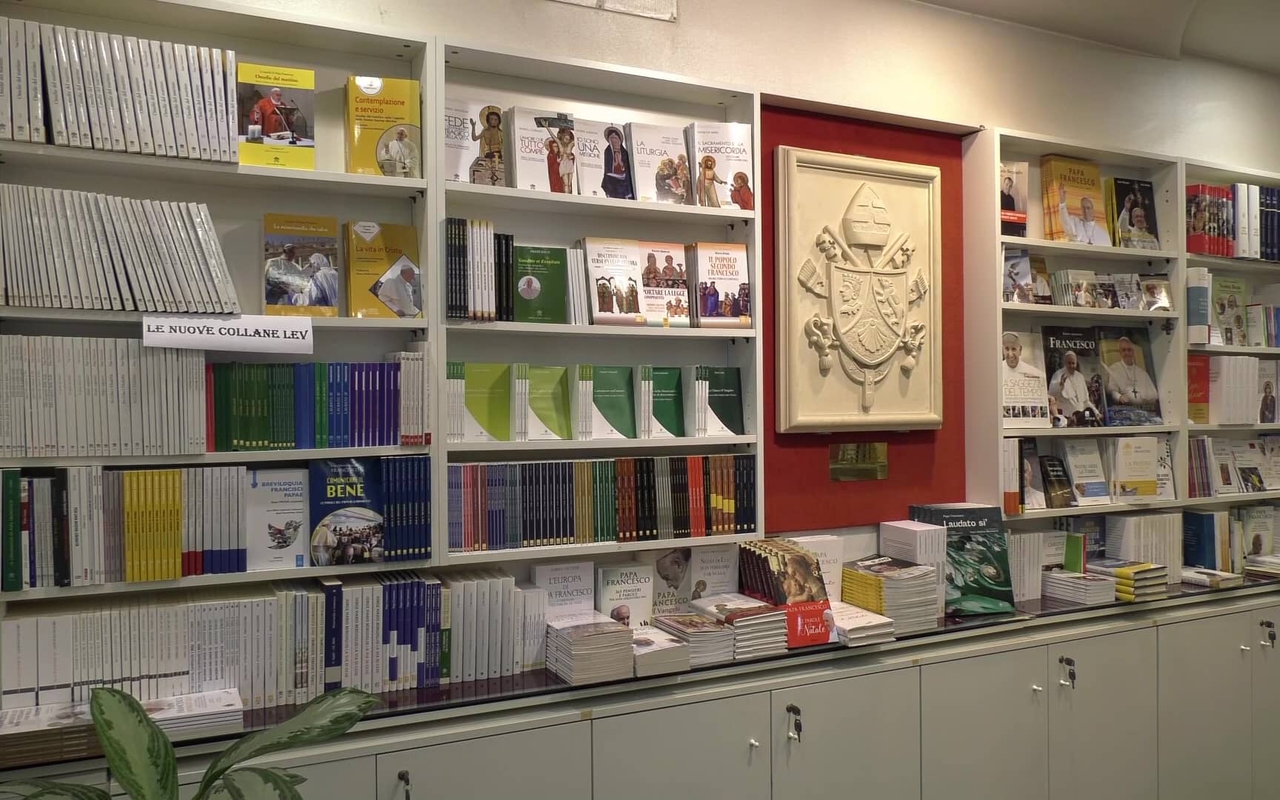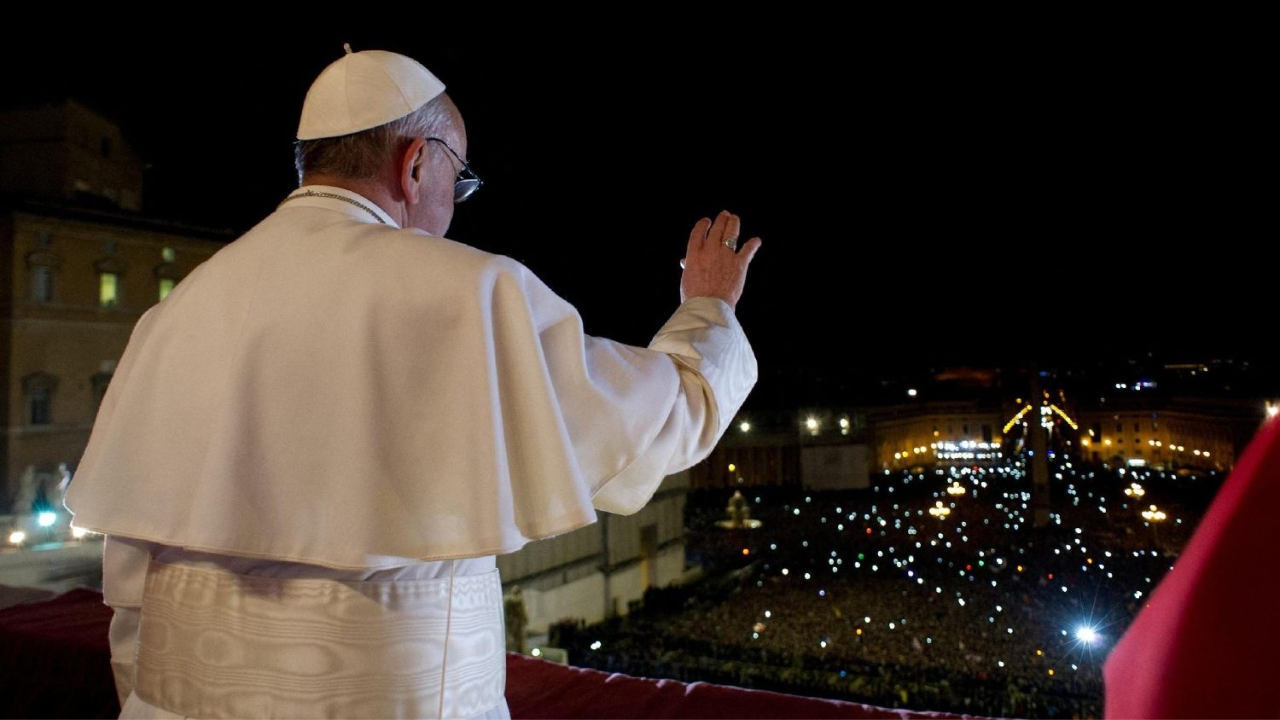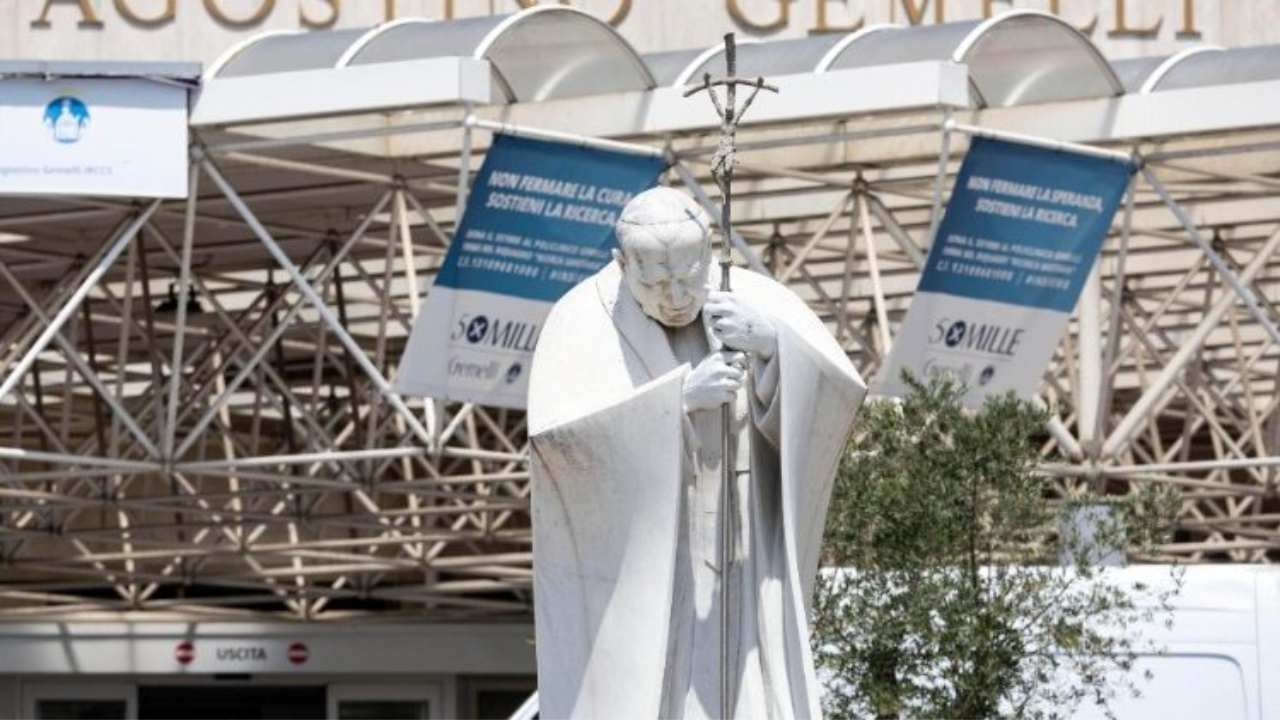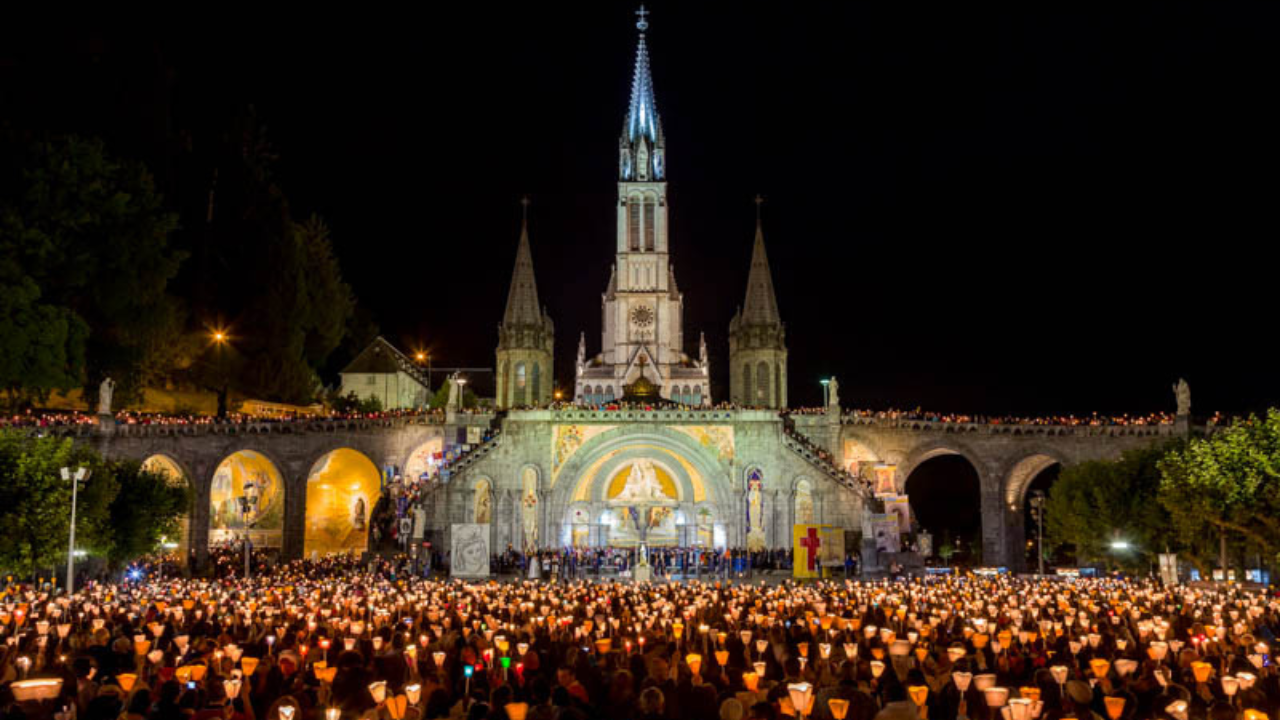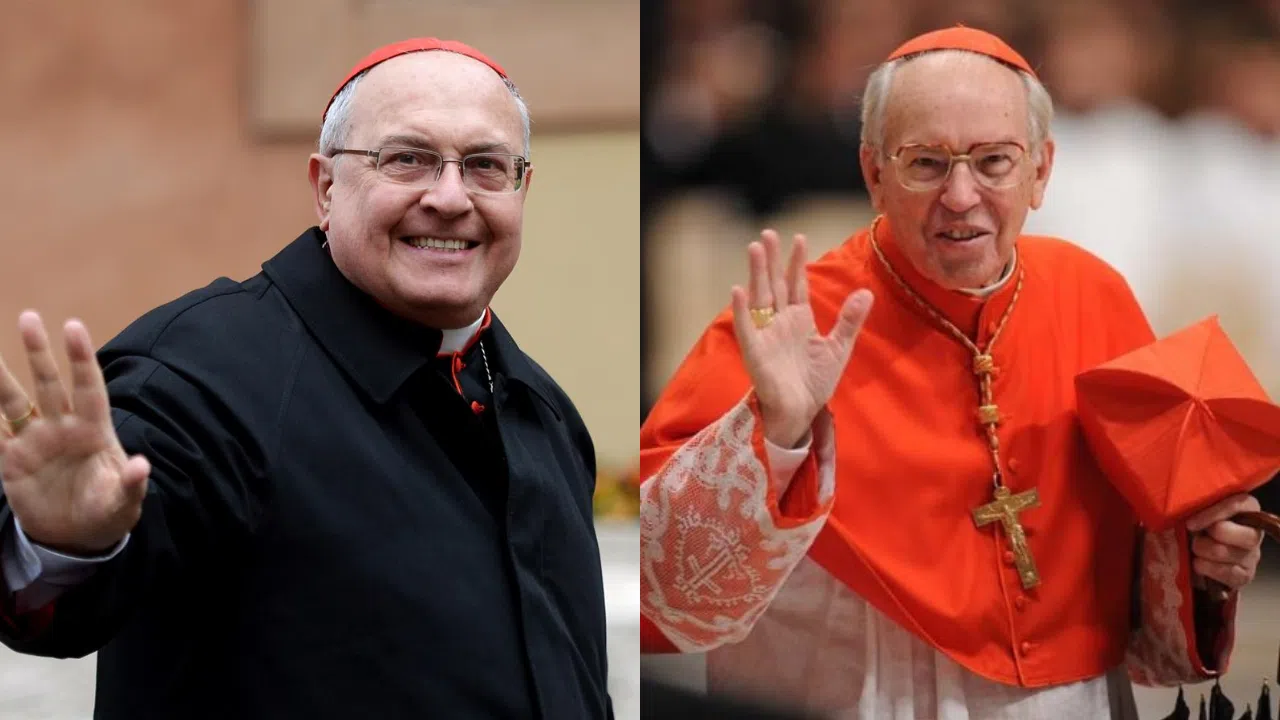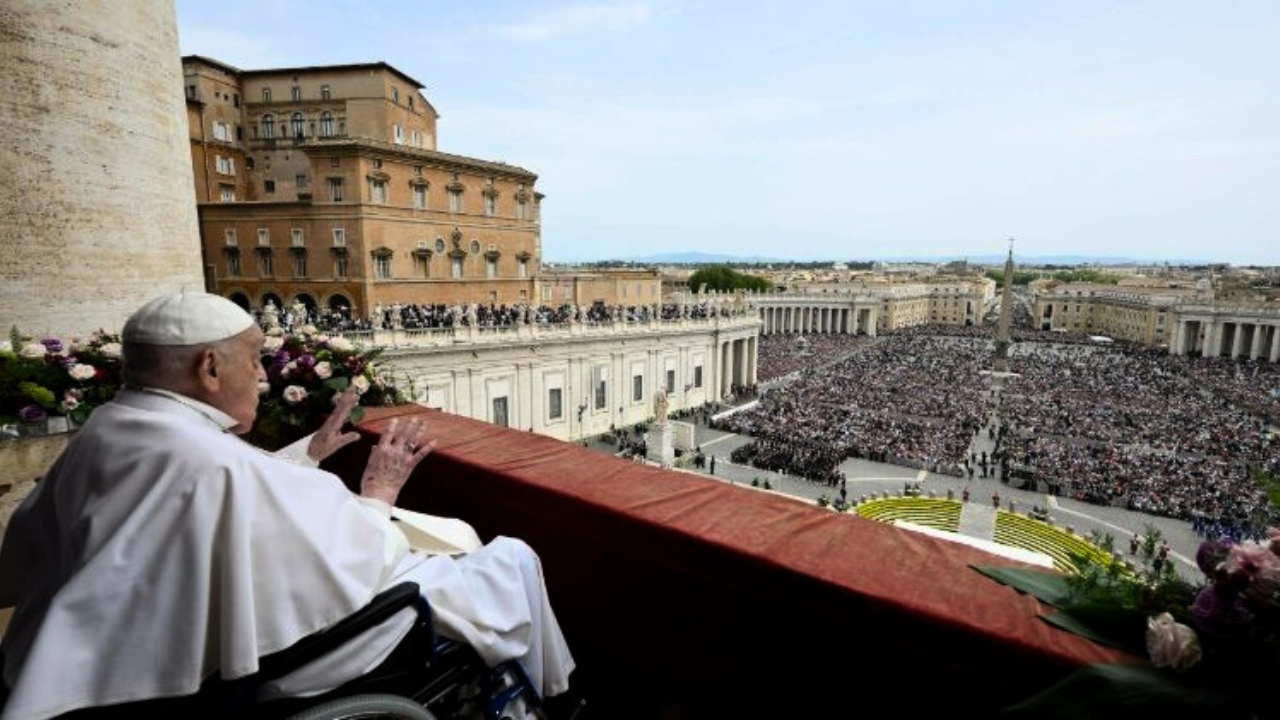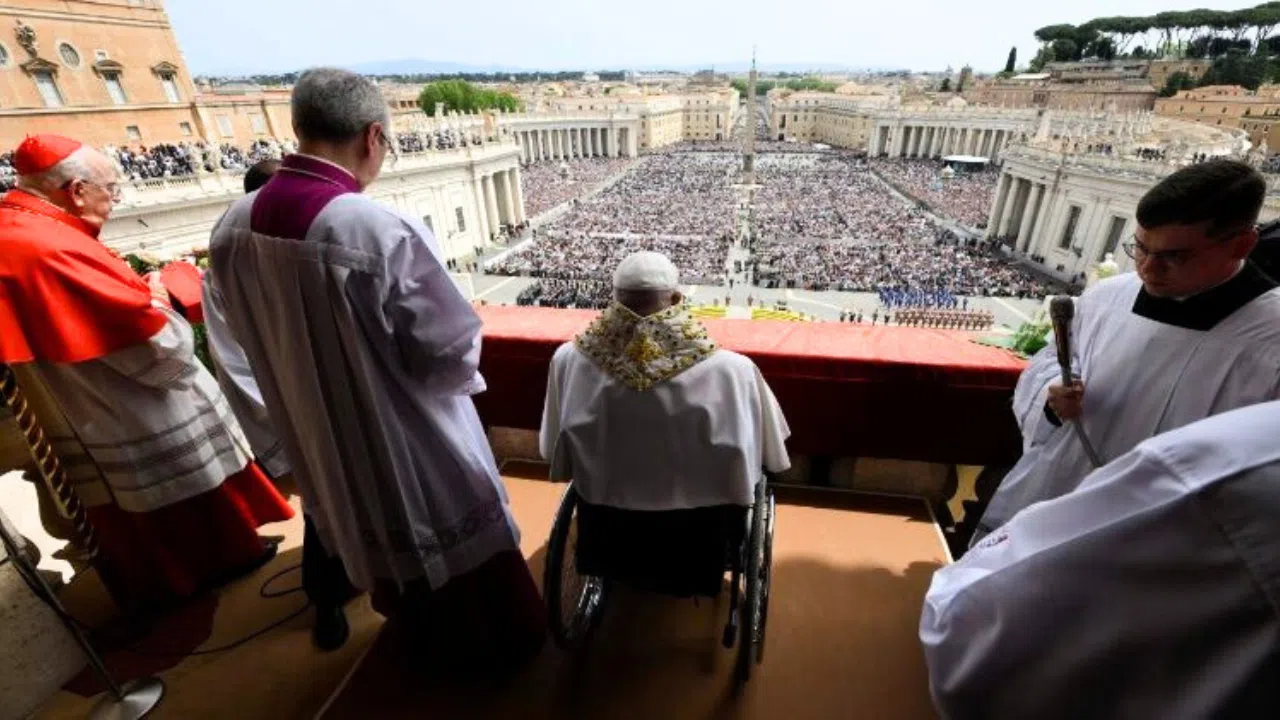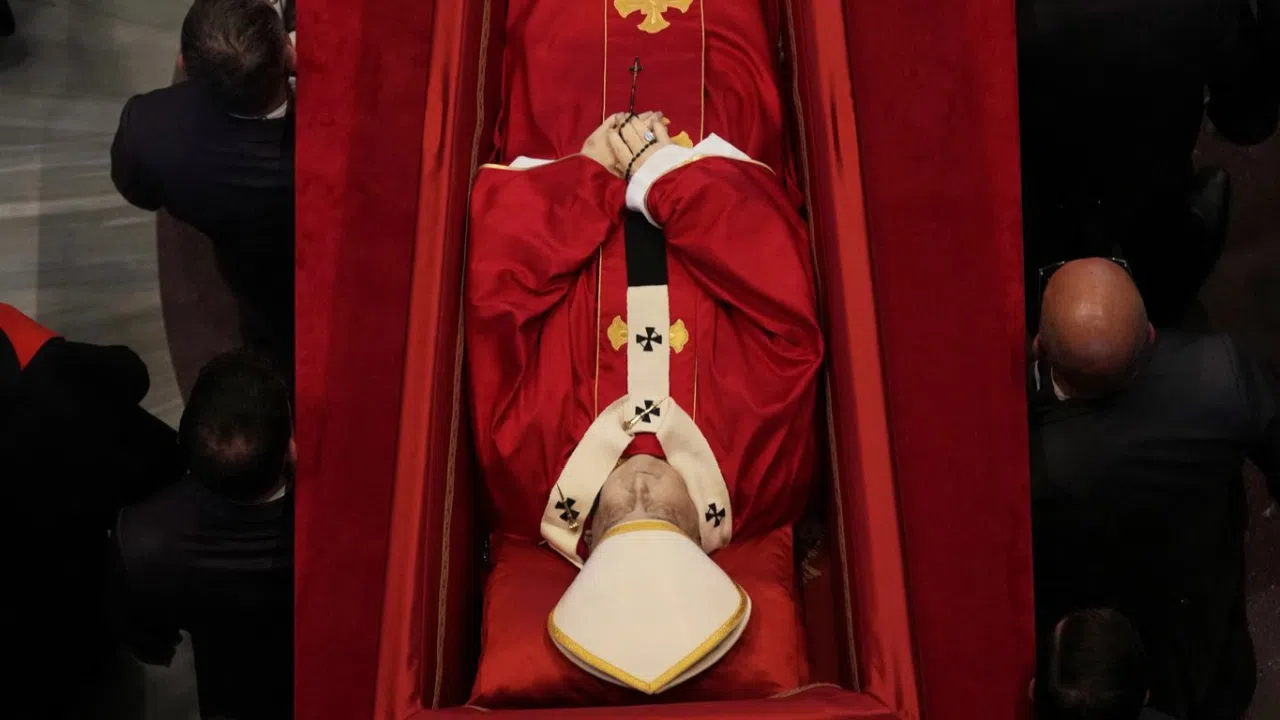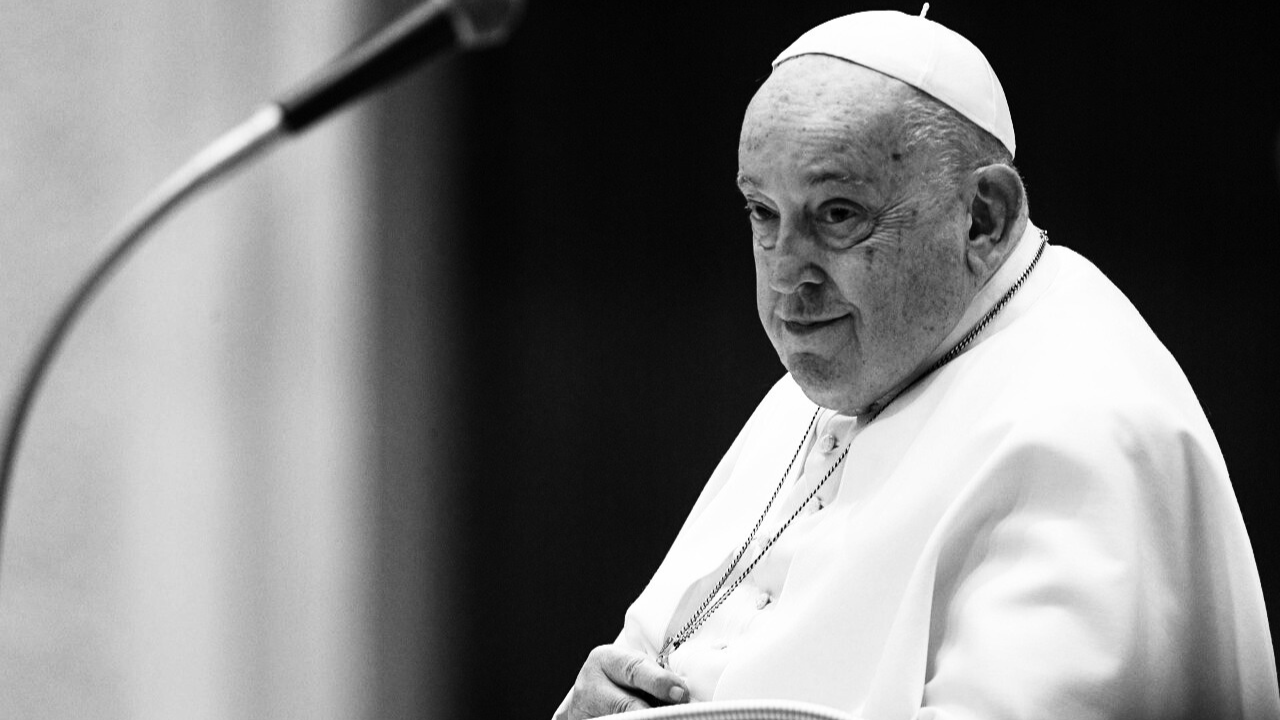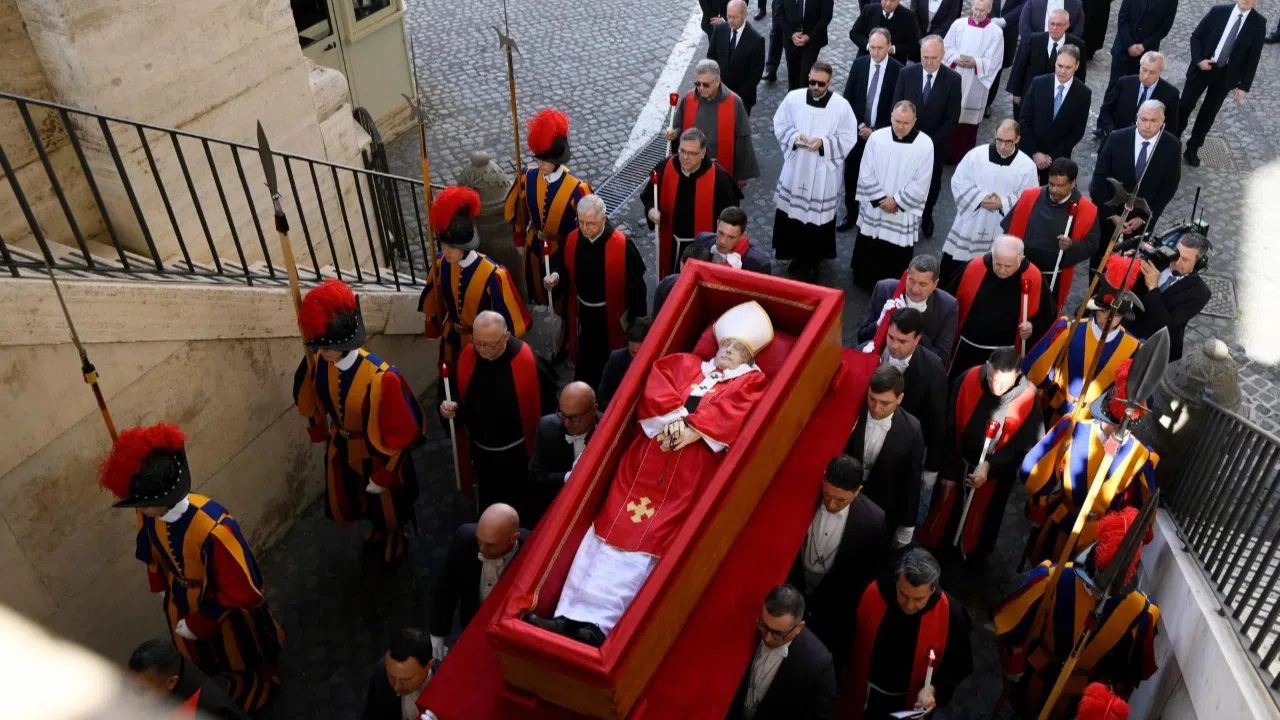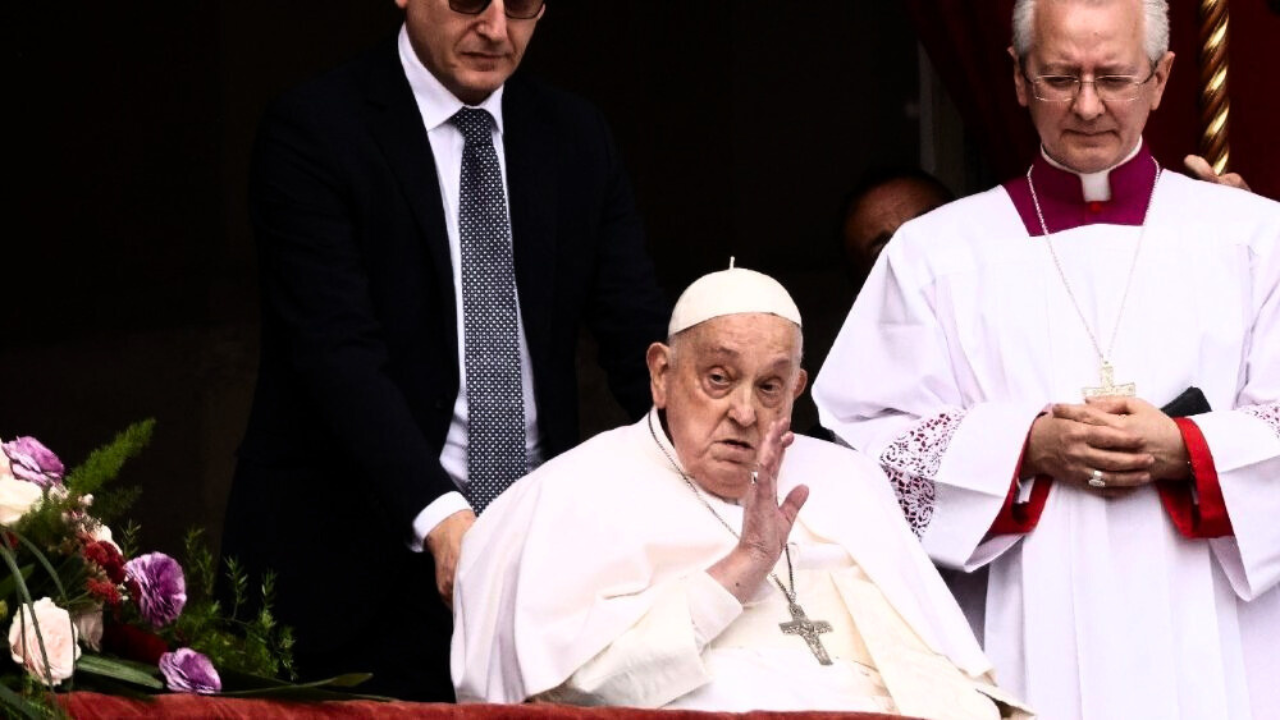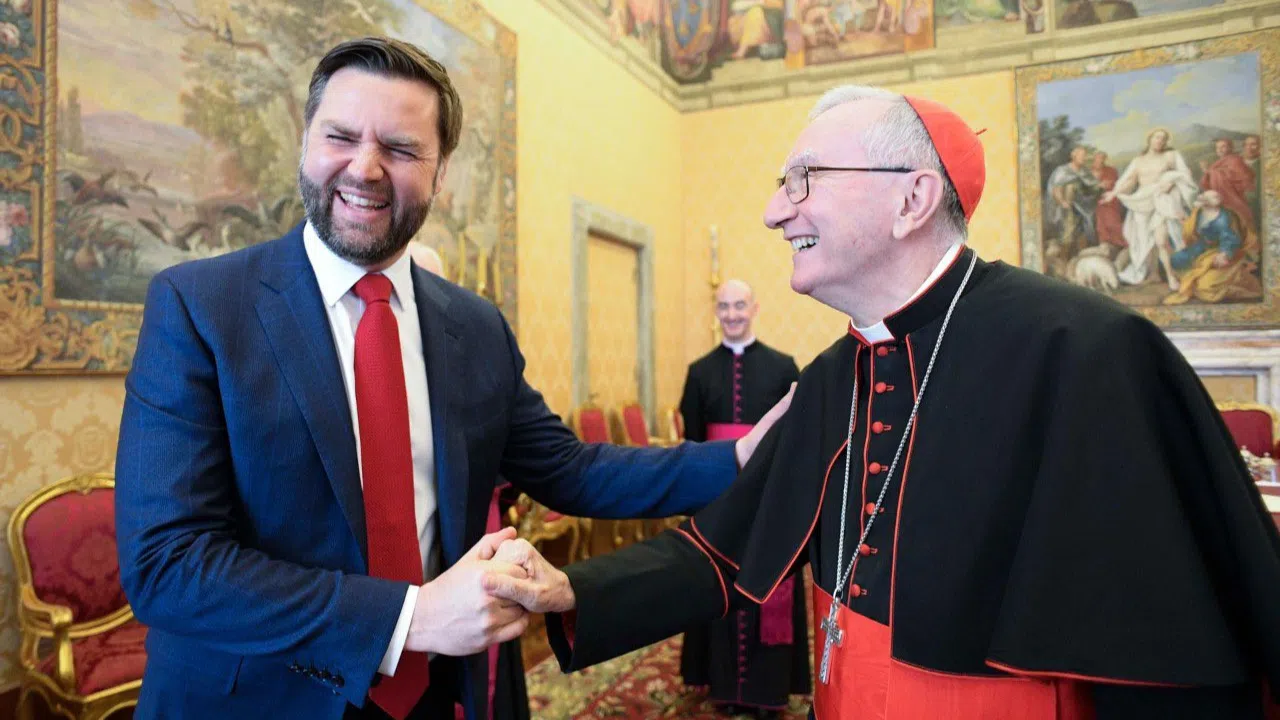Exclusive news for subscribers of Rome Reports Premium:
------------
Just in front of St. Peter's Basilica lies an unassuming bookstore called Benedict XVI, tucked away among the various Vatican offices lining the street.
It is the home of the Vatican's publishing house, LEV (Libreria Editrice Vaticana), serving the pope since its beginnings in 1587.
Now, more than 400 years, and 5,700 publications later, the current editorial director explains the original motivations for the LEV.
BR. GIULIO CESAREO
Editorial Director, LEV
“The popes thought of creating a printing house, a typography here in the Vatican to print the texts that served the Holy See. It was a printing house that also had a pastoral purpose - it was to serve as a tool against the Protestant Reformation by printing new liturgical books and canons of the Church.”
Under Pope Sixtus V, it grew alongside expansion of the printing press. It provided the Vatican with a written voice in various languages and an influence that lasted through the centuries.
By the 1960s, it was Pope Paul VI who was still continuing its mission to make the Vatican present in society.
One example was his encyclical “Humanae Vitae.” The finished product, on the conception of human life, was not the original text drafted by the pope. Rather, it began as a different Latin text, given the title “De nascendi prolis.” It wasn't until after it had been printed in Latin that Vatican translators noticed a problem.
BR. GIULIO CESAREO
Editorial Director, LEV
“When they started translating, the translators, many of whom later became famous, said no, no, there is no need to publish these things. No, it is not a good thing. So they sent the text back to the pope and he accepted that the text needed to be revised. So he threw the original text away and made a new encyclical. It was the famous one, 'Humanae Vitae.'”
There was no error with the encyclical. In fact, each subsequent pope has upheld its teaching since. The controversy and disagreements had been mainly on the wording of the text. Karol Wojtyla even had gotten involved during the revisions to make sure it was printed in a way everyone could understand.
Other times, confusion manifests itself from not reading a sentence carefully enough. A recent example was the book, “What is man and woman?” approved by the Vatican's Congregation for the Doctrine of the Faith. The book explained the Bible's response to controversial questions, including homosexuality.
BR. GIULIO CESAREO
Editorial Director, LEV
As soon as it was published, a journalist wrote saying the Bible opens up to gay couples. But it's not true. Afterward, the secretary for the Congregation for the Doctrine of the Faith, Msgr. Giacomo Morandi, had to intervene.”
When questions arise about a text, Br. Giulio insists the faithful should always seek answers. However, he assures this process should begin locally in schools or parishes, asking for a clarification that resounds with area in the world, and not go directly to the pope himself.
The LEV asserts they cannot make changes to texts they publish, even if there are misunderstandings among the faithful after a publication.
BR. GIULIO CESAREO
Editorial Director, LEV
“Our competence is to improve the graphics, make the cover, insert texts in a book series, and correct small defects, like form and punctuation. Since the texts are by the holy fathers, they are magisterial texts. The publishing house does not have competency in the content, only in the form, not in how it was written.”
Aside from papal texts, 30 percent of their books are written by theologians or contributing authors. Another portion are made by LEV themselves. These include various series published for the Church's liturgical seasons. During Advent, Lent and the Marian month of May, there are books with daily reflections taken from Pope Francis' words.
It's how the Vatican's Publishing House is still relevant and active in society. With two libraries in St. Peter's Square, they make magisterial texts and religious books available to all tourists and faithful who would like to bring a small piece of the Holy See home with them in the form of a book.
Melissa Butz
